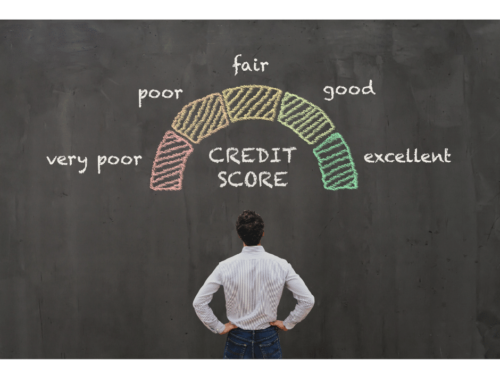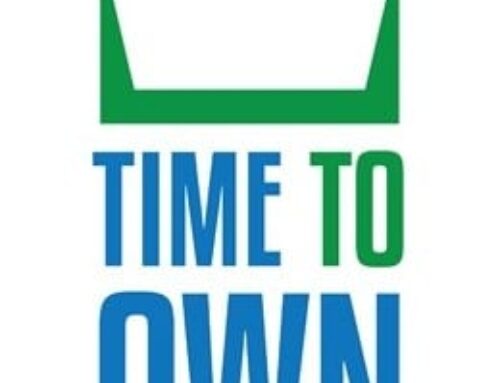Expenditures of owners of deductible
One of the benefits of owning your own home is that mortgages and property taxes paid can be deducted from your federally owned income.*
To do this, you must comply with current land laws and complete the appropriate federal tax forms and detailed deduction schedules.
Residential Mortgage Intent
In order for your residential mortgages to be deductible, they must be linked to a first or second mortgage, a home improvement or a home mortgage. a loan for the transformation of own property. Furthermore :
- The hypothecary loan must be secured by your principal residence or a second residence;
- Only the interest paid for that taxation year can be deducted.
The amount you can deduct may be limited if the balance of your mortgage is greater than $ 1 million ($ 500,000 for married persons filing declarations of income). Or if the mortgage was taken for reasons other than the purchase, construction or improvement of your residence.
Points
Points (also called setup fees, maximum loan fees, loan discounts or discount points) are generally treated as prepaid items, and therefore, the full amount can not be deducted in the year in which they are paid. The deduction should rather be taken throughout the duration of the loan.
Property Taxes
Local or state property taxes can be deducted from your income if they are paid during the tax year. To be eligible, taxes must be imposed on the appraised value of the property, the tax authority must impose a uniform rate on the property owners in its jurisdiction and Taxes should not be for your special privilege, but for the benefit of general well-being.
Restrictions on coin deductions
The amount of room deductions you can take is limited by your variable gross income. In 2003, for example, the limits were $ 139,500 for single persons filing a householder’s return or eligible widowers or married persons with a duly Joint declaration; and $ 69,750 for married persons with separate statements.
Non-deductible items
Many of the expenses related to the ownership of your home can not be deducted from your taxable income. These non-deductible items may include:
- Most closing costs, including (but not limited to) appraisal fees, notary fees, VA financing fees and mortgage preparation fees ;
- insurance;
- Local assessments that usually increase the value of your residence, such as sidewalks, sewers, etc .;
- Public services;
- Domestic help;
- The depreciation.
Check with the IRS
* The information in this article is for informational purposes only, and may not reflect the rules and regulations of the current tax year. You must consult your tax advisor, chartered accountant or the IRS for the rules, restrictions and regulations for the current tax year.



